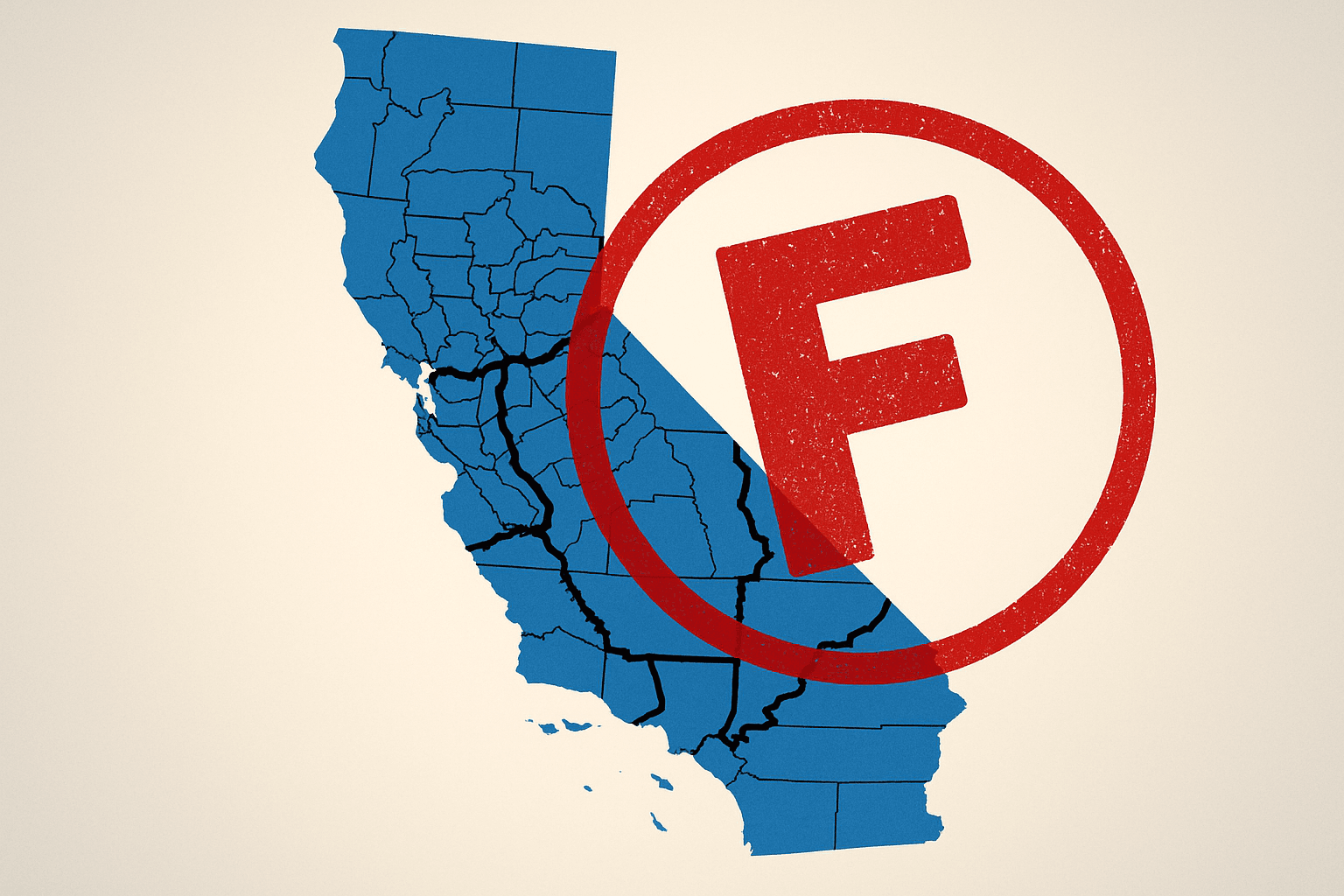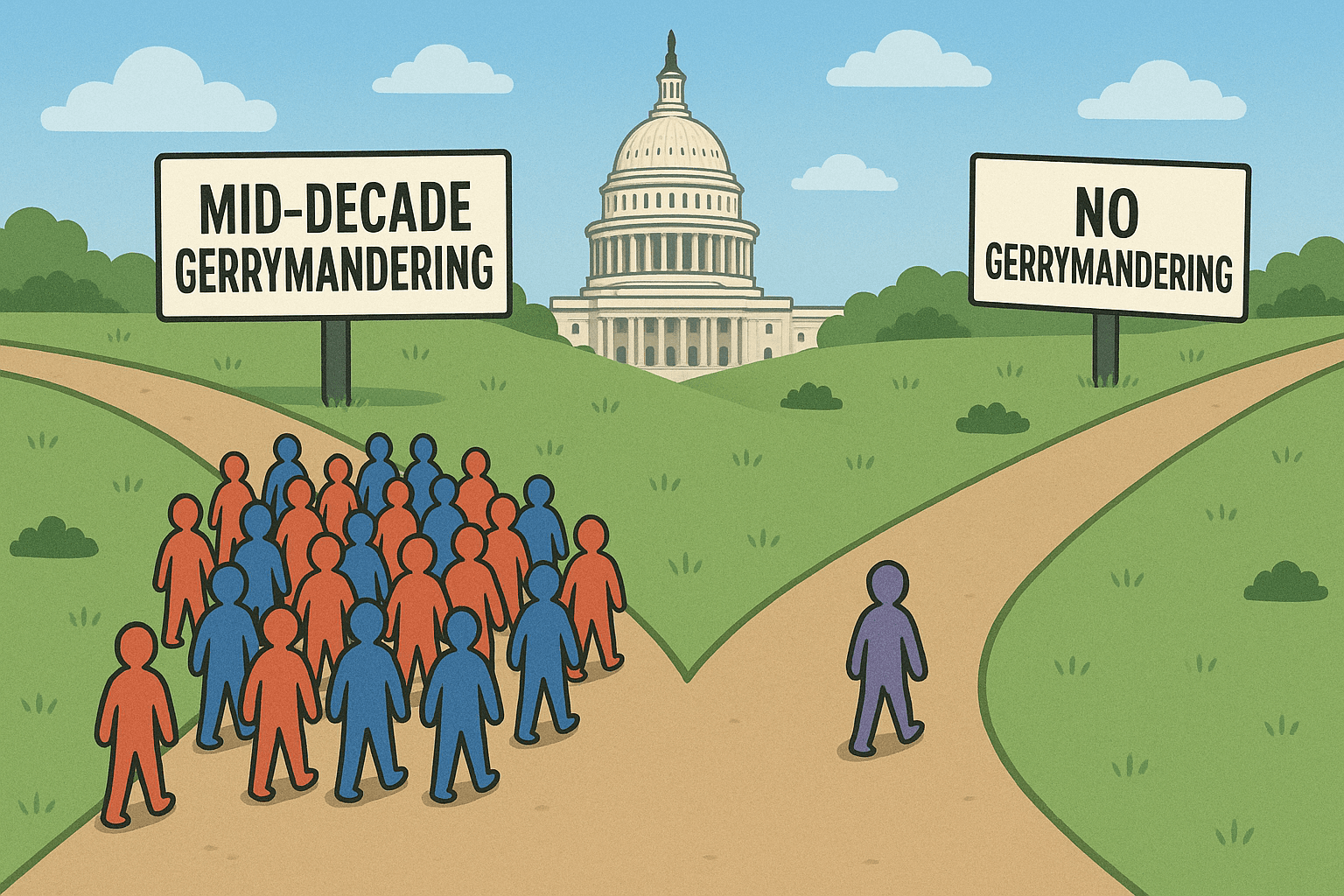Turkey's Recent Appeal to NATO Has Foreign Policy Hawks Circling

The Parties will consult together whenever, in the opinion of any of them, the territorial integrity, political independence or security of any of the Parties is threatened. -- NATO Founding Treaty, Article 4
On July 26, Turkey invoked a rare protocol within the NATO treaty, demanding that all 28 NATO ambassadors discuss the potential of the Syrian civil war spreading into its territory after IS's recent suicide suicide bombing in Suruç and actions of the separatist-insurgency Kurdish group, PKK.
Talks began on July 28, and could realistically entangle or at least get more NATO forces closer to the battles in Syria. When talks ended for the day, a clear message of solidarity with ambiguous intentions was released -- but further negotiations are expected.
Turkey, along with Greece, joined NATO in 1952, three years after the 12 founding nations created NATO in Washington, D.C. These two countries were of significant importance militarily, as they stood as the first line of defense against the Soviet Black Sea Fleet. Politically and economically, both countries were significant liabilities to the organization, and are still in this role.
Turkey has 11 primary ethnic groups, groups that have historically not gotten along well. The Kurdish population in Turkey sees itself as having much more in common with the Kurdish population in Iraq, and have made numerous attempts -- especially since the fall of Saddam Hussein -- at some form of ethnic government structure.
Turkey also has cool at best relations with neighboring Cyprus, with on going territorial disputes.
The disparity of wealth, even though Turkey has the 17th largest economy in the world, has kept them from entry into the European Union since their original bid in 1987. Europe also demands an acknowledgement of past genocides against ethnic minorities, and the ending of hostilities with other EU members.Key to the NATO meeting is Article 5's casus foederis mandate -- an attack on one is an attack on all. Two outcomes are possible if NATO finds that Turkey has in fact been attacked: all out involvement in the Syrian and IS conflicts and/or a significant buildup of aircraft and forces in Turkey.
Critics in Europe are contending that Turkey is only interested in going after the Kurdish separatists, claiming that Turkey has long turned a blind eye to the IS.
America considers the PKK a terrorist organization, though the U.S., according to Turkey, has distanced itself from Turkey's recent attempts to press the attack on the PKK with airstrikes.
Politically in the United States, the major parties seem split on NATO's role in U.S. foreign policy and defense. Pew Research, in a poll on NATO during the Russia crisis, found Republicans and Democrats sharply divided as to American engagement in NATO led missions.
The biggest fear at this point is that American involvement may be forced by mutual defense treaties, satisfying the urges of the hawkish lawmakers in both parties in Washington.



